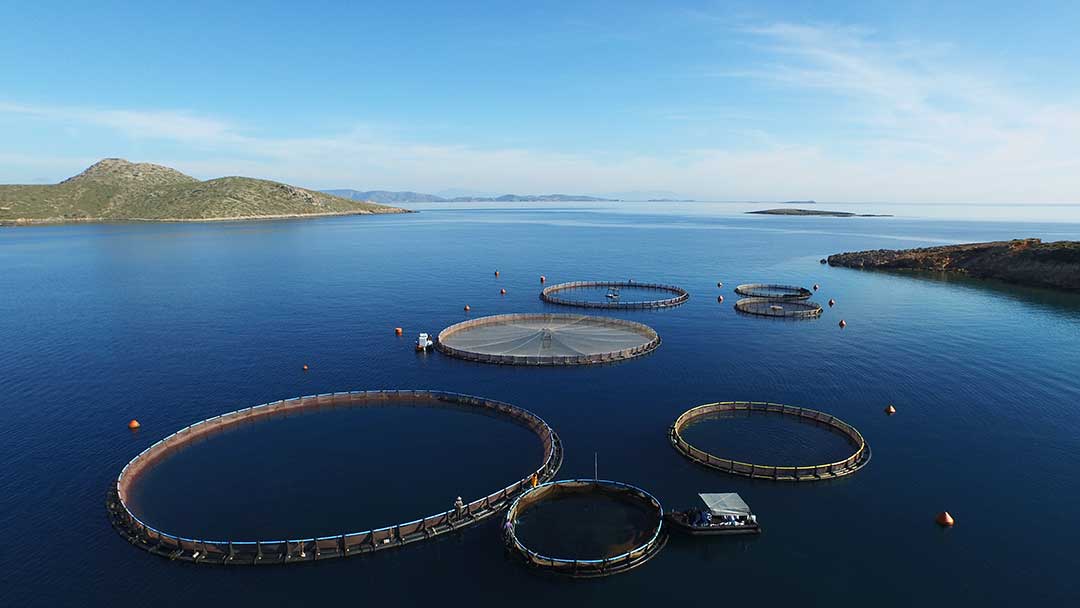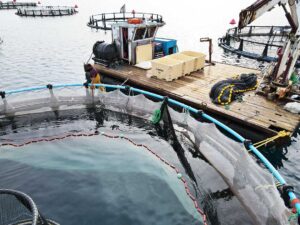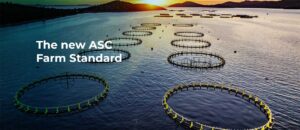Explore the methods used in Greece for sustainable fish farming, highlighting environmental care, fish quality, and local practices.
Introduction
Greece has long been known for its rich maritime history, and today, its aquaculture industry is thriving. Sustainable fish farming is at the heart of this industry, offering high-quality fish while preserving the environment. But what exactly makes Greek fish farming stand out? In this article, we’ll uncover the secrets behind sustainable fish farming practices in Greece and why they’re making waves in the global market.
1. Emphasizing Environmental Responsibility
Sustainability in Greek fish farming begins with a deep commitment to the environment. Farmers focus on minimizing the impact of their operations on local ecosystems, ensuring that fish are farmed in clean, well-maintained waters.
To achieve this, farms are carefully positioned in areas with the right water flow and temperature, which are essential for optimal fish health. In many cases, these farms operate on floating systems that allow for proper water circulation and minimize the risk of pollution.
2. Focus on Fish Welfare
Healthy fish are at the core of sustainable farming. In Greece, fish farms prioritize fish welfare by following strict protocols on feeding, water quality, and overall care. For example, farms employ a high-protein, nutrient-rich diet for the fish, which not only promotes growth but also ensures they have a strong immune system to resist disease.
Additionally, many farms in Greece use the latest technology to monitor fish health in real time, ensuring that any issues are addressed quickly, which reduces the need for antibiotics and chemical treatments.
3. Commitment to Resource Efficiency
Another key component of sustainable fish farming in Greece is resource efficiency. Farms use innovative technologies to reduce water consumption and recycle water as much as possible. By carefully managing resources, farms can ensure that their operations are as efficient and eco-friendly as possible, minimizing their carbon footprint.
Some farms also use renewable energy sources, such as solar power, to run their operations. This reduces reliance on fossil fuels and further supports sustainability goals.
4. Collaboration with Local Communities
Greek fish farms don’t operate in isolation; they collaborate with local communities to ensure that their operations benefit everyone. Farmers work closely with local fishermen, environmental organizations, and government agencies to monitor the health of surrounding waters and preserve marine life.
This collaborative approach helps maintain biodiversity, protect marine ecosystems, and create jobs in rural areas, fostering positive relationships between fish farms and the communities they serve.
5. Transparency and Certifications
Consumers are becoming increasingly aware of the sustainability of the products they purchase. To meet this demand, Greek fish farms are committed to transparency. Many farms hold certifications, such as the GlobalG.A.P. or ASC (Aquaculture Stewardship Council) labels, which guarantee that their farming practices meet strict environmental and social standards.
These certifications ensure that consumers can trust that the fish they are buying come from sustainable sources.
Conclusion
Greek fish farming is a model for sustainability. By prioritizing environmental responsibility, fish welfare, resource efficiency, and collaboration, Greek farmers are not only producing high-quality fish but are also setting a standard for the global aquaculture industry. As the demand for sustainably farmed fish grows, Greece’s commitment to these practices positions it as a leader in the field, ensuring that its fish farming industry will continue to thrive for years to come.



